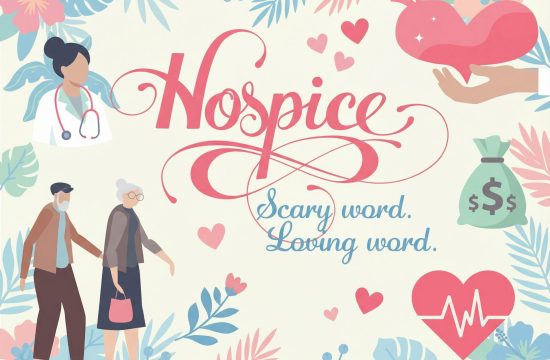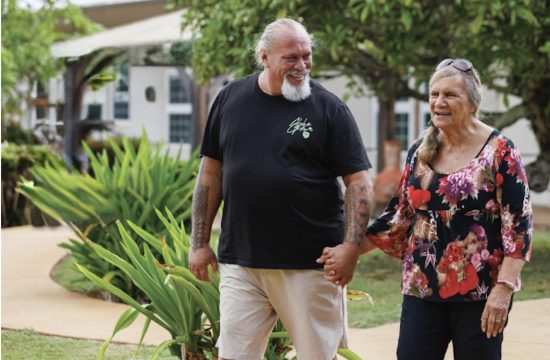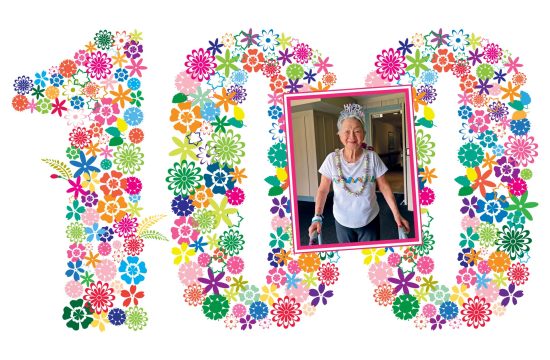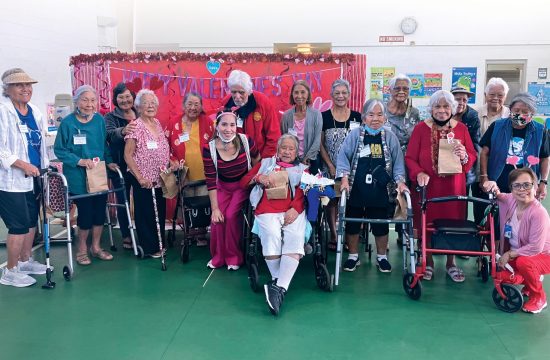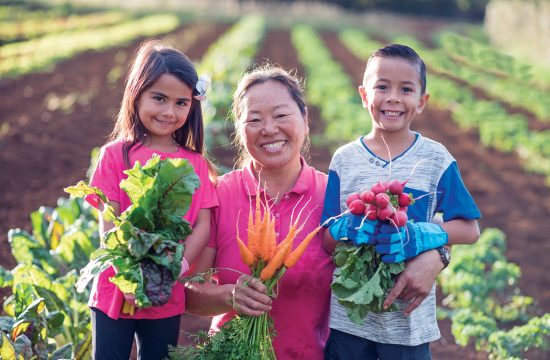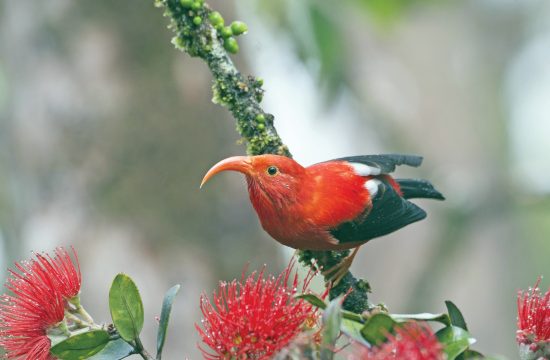By: Kurt Akamine
Aloha Aina has been a term that has become (positively) pervasive in our society. I recently “googled” it and found this meaning: “Aloha ʻĀina, which literally means “love of the land”, is a central idea of Native Hawaiian thought, cosmology and culture. Aloha ʻāina brings a perspective that pervades many aspects of life. Its ecological and cultural orientations are founded upon a sense of being connected to all living things.”
This term has profoundly shaped our perspective on how we are to be better stewards of our natural resources here in Hawaii. As such, there has been a resurgence of interest and career opportunities, especially for youth. Back in the day, one of the only exposure westside students had with agriculture was in “Ag class” with Mr. Kajihara at Waimea High School’s industrial arts program. Today, there are myriad opportunities through the state of Hawaii and non-profit organizations. Most of these are flooded with young people who are interested in career opportunities within this field.
This interest on the surface appears to be counter-intuitive. Agriculture is hard work, long hours, low pay and unglamorous. Why would young adults and students be so attracted to a career where hard work is really hard work? Perhaps Aloha Aina. “love of the land,” answered the “why” in so many people.
In 2009, Simon Sinek started a movement to help people become more inspired at work, and in turn, inspire their colleagues and customers.
People like Martin Luther King Jr., Steve Jobs, and the Wright Brothers had little in common, but they all started with WHY. They realized that people won’t truly buy into a product, service, movement, or idea until they understand the WHY behind it. (SimonSinek.com)
Please allow me to introduce you to what I believe, at least in my world, a term that is even nobler and should be revolutionary, Aloha Kupuna. Our why.
I cannot think of a more meaningful and heart-motivating life perspective than Aloha Kupuna. The special culture that we get to live in here in Hawaii, esteems our kupuna.
“In traditional Hawaiian families, as beloved kūpuna transitioned from being the head of the household to one who requires care, they continued to be afforded great respect and affection within the family structure. They were called “hulu kupuna” to the end of their days, or “precious elder,” a family member as valuable and exquisite as feathers. Caring for our parents and grandparents is hardwired into our moʻomeheu, our culture” ~Sylvia Hussey
While we know this to be our cultural truth, we have not done well at esteeming those who care for our kupuna. The very individuals who carry out arguably the noblest responsibility and help us realize Aloha Kupuna often goes unnoticed and underappreciated. In terms of our healthcare workforce, perhaps this influences the high job vacancies.
I believe we are at the cusp of a progressive movement. Aloha Aina shifted the paradigm on how we steward our natural resources and in doing so, provided many of our young people with a sense of purpose as they labor to enrich our land. Let us likewise, Aloha Kupuna and esteem our care providers.
What if our island community publicly, consistently, and prominently lauded the value of both our kupuna and those who care for them? What if our youth believed and knew that caring for our kupuna was not only a noble responsibility but also well-paying career? What if caring for our kupuna became their “why?” We would make our island culture so much richer.
Aloha Kupuna.



